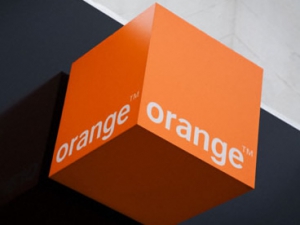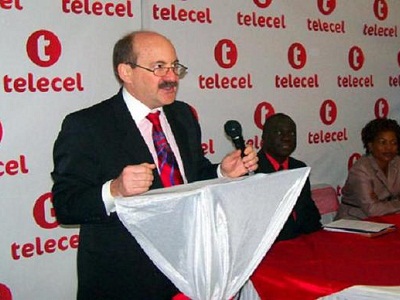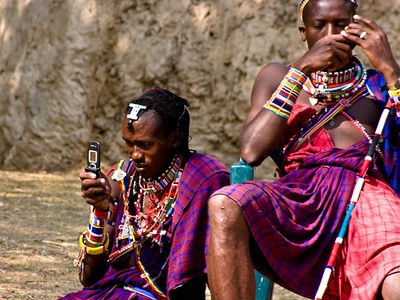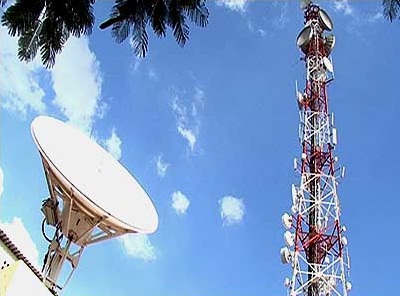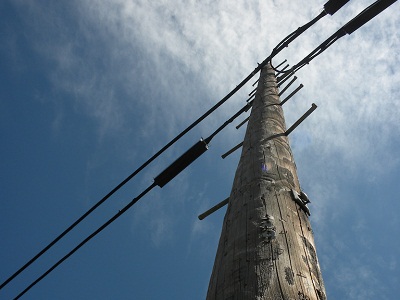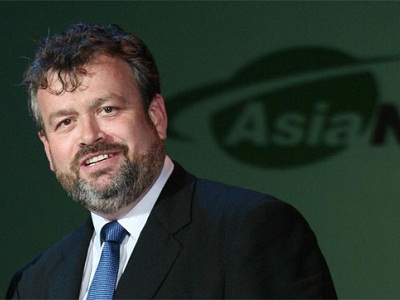Recently, the term ’3.75G’ has been appearing all across Africa. Airtel is most keen on 3.75G branding and plans to soon offer the platform in more nations where the company operates 3G (presumably all eight). Nations currently with 3.75G service include:
But, what exactly is 3.75G and how does it compare to 3G or 3.5G?
Airtel, along with other mobile operators, touts HSPA+ service as being 3.75G. Other sources (including 3GPP), consider HSPA+ to be 3.9G. Airtel’s country pages all include a brief description of how they define 3.75G. Sierra Leone’s page states:
3G has evolved through several updates, leading to the very latest release, HSPA+, which is referred to as 3.75G, now available on airtel. 3.75G technology operates at dazzling speeds of up to 14.4 MB/s downlink and 5.7MB/s uplink.”
However, the 3.75G page for Zambia lists a 3.75G top download speed of 21Mbps, thus making Airtel’s cited 3.75G technology speeds incongruous. We deduce that either Airtel is offering 3.75G (HSPA) at a maximum of 14Mbps, they are offering 3.9G (HSPA+) at a maximum of 21Mbps, or they are simply changing out download speed since the handsets sold in Sierra Leone might not have the same chipset as those sold in Zambia.
Either way, the HSPA+/3.75G terms are used solely for marketing purposes. The same goes for the 4G versus LTE versus WiMAX debate. Mobile operators endure fierce competition to attract customers (who drive profits).
Although 3.9G is better than 3.75G and 3.75G is by all means technically superior than 3.5G, there will not be a noticeable transfer speed difference for most customers. Factors like signal strength and coverage mitigate any advertised speeds. African 3G users aren’t about to experience anything higher than even 10Mbps. But, since 21 Mbps speeds are technically possible, they are allowed to be used for advertising purposes.
Often, 3.75G is the first form of 3G service available in a country. Accordingly, the mobile operator skips mention of just “3G” and goes straight to using “3.75G” due to the potential marketing benefits.
In Nigeria, Etisalat was quick to describe the move to 3.75G as a major innovation. They also claimed it was the fastest 3G network in Nigeria. However, reading on, it becomes apparent that the move was mainly impressive since it replaced a 2.5G network with true 3G. It just so happened that the 3G platform was of the 3.75G release.
However, when 3.75G arrived in Congo-Brazzaville in October 2011, Airtel used plain 3G terminology in their news release announcing the arrival of 3G service in the country. There was no mention of 3.75G. Similarly, there is no mention of 3.75G in Airtel’s video spot promoting 3G service beginning in January 2012 (although Airtel’s social media never fails to mention 3.75G).
Mobile competition has increased remarkably in Africa since that time, and 3G operators (mostly Airtel) have begun to increase their efforts to secure customers.
However, customers should be focused on how the latest mobile technologies can ease the strains of life rather than exact technical specs. Bragging rights can be enjoyable, but what matters is not the benchmarks “3.75G” and “14Mbps” or whether 3.75G is really considered HSPA+. Important instead are that 3G is available and that costs are becoming more reasonable. What matters is that 3.75G (or 3.9G) enhances mobile health efforts and provides new educational opportunities.
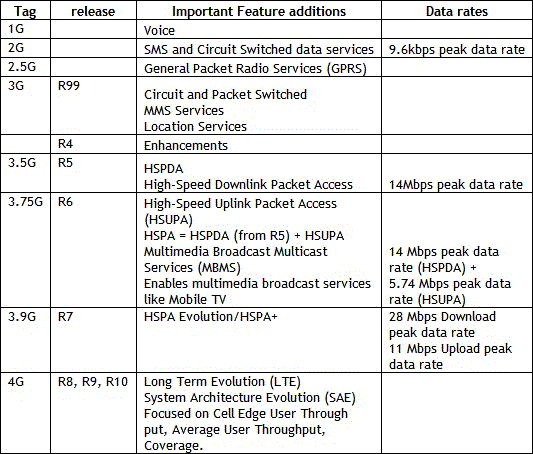
A rough comparison of recent 3GPP releases and basic features. {Sayy 365}


![]()

